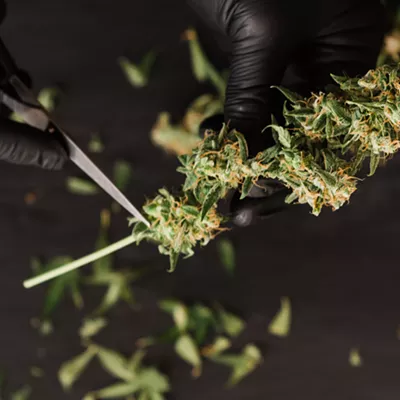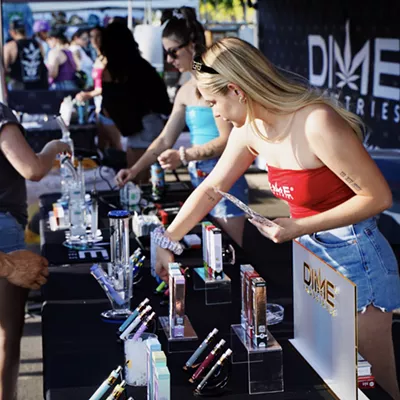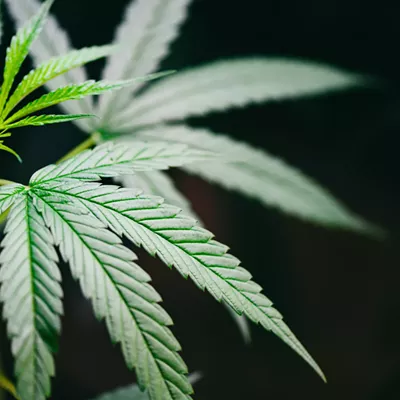In a historic decision that came nearly three weeks ago, Maryland Gov. Wes Moore moved to pardon 175,000 marijuana convictions in the state. The pardon applied to any misdemeanor conviction for possessing marijuana or paraphernalia. Such a large-scale pardoning of cannabis convictions has never occurred, and hopefully will urge other states to follow suit.
Maryland legalized recreational cannabis in 2023 and has witnessed a quick pivot on cannabis justice. States like Colorado and Washington — where cannabis has been fully legal for some time — lacks intrinsic action from state officials to handle existing cannabis related convictions.
In 2022, eight years after legalizing recreational cannabis, Colorado Gov. Jared Polis pardoned 1,300 people. That only applied to possession charges of up to 2 ounces of marijuana. In Washington, Gov. Jay Inslee pardoned roughly 3,500 people with misdemeanor marijuana convictions, nearly seven years after the state legalized recreational cannabis.
Arizona follows drastically behind, with no state-level pardons to date, even though recreational cannabis has been legal for over two years.
President Joe Biden moved to pardon thousands of marijuana charges in late 2023. This ultimately only applied to federal convictions. State officials were to handle their own convictions.
The reality of those still impacted by cannabis prohibition is often ignored. For Moore, cannabis legalization was a stoic reminder of the dissonance of a multibillion-dollar industry compared to the stark societal damages the “war on drugs” unleashed onto communities of color.
“Legalization does not erase the fact that nearly half of all drug arrests in Maryland during the early 2000s were for cannabis,” Moore said during a pardoning ceremony on June 17.
“It doesn’t erase the fact that Black Marylanders were three times more likely to be arrested for cannabis than white Marylanders before legalization. It doesn’t erase the fact that having a conviction on your record means a harder time with everything, everything from housing to employment to education. It doesn’t erase the fact that people who were arrested for cannabis three or four or 40 years ago still have those convictions on their records to this day.”
Moore’s address is a reminder that, despite the legal progress cannabis has made, true cannabis justice requires a holistic approach that is far from finished. The fight is far from finished.
“We cannot celebrate the benefits of legalization if we do not address the consequences of criminalization,” Moore continued. “Undoing decades of harm cannot happen in a day, but we’re going to keep up the work.”











